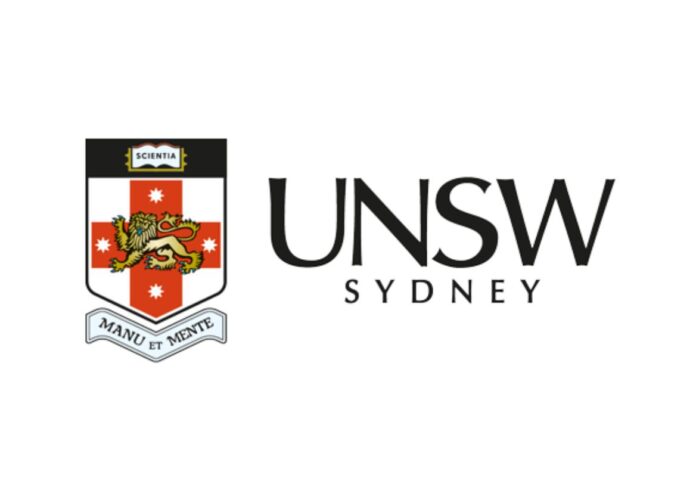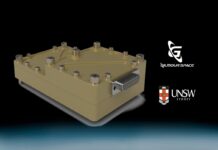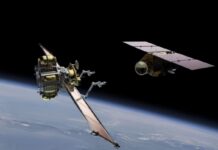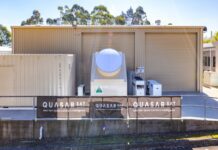
In celebration of World Space Week, experts from the University of New South Wales have weighed in on the future of the space industry, outlining several significant trends expected to shape the next decade.
This international event commemorates the launch of Sputnik 1 in 1957 and the signing of the 1967 treaty governing space activities, all in the pursuit of science, technology, and the betterment of humanity.
This year’s theme, “Space and Entrepreneurship,” underscores the increasing role of commercial partners and entrepreneurs in the space sector.
Data reported by the university stated the space industry has experienced remarkable growth, with the Space Foundation’s 2022 report revealing a valuation of $469 billion in 2021 – a staggering 70 per cent increase over the past decade.
Predictions also suggest the space economy could soar to $1 trillion by 2030.
UNSW experts Professor Andrew Dempster and Professor Serkan Saydam outline four key trends, including the evolution of the competition to reach the moon’s south pole driven by efforts to locate water resources.
Notably, the university said the United States and China are at the forefront, aiming to establish a lunar presence by 2030.
Growing space junk concerns are also included among the trends with over 170 million pieces of debris larger than one millimetre, colliding with satellites and posing significant risks, especially as more satellites are launched into low Earth orbits.
“Long term, not only will it be harder to launch crucial satellites into those orbits, but it’ll be harder and more dangerous to travel through those orbits as well,” Prof Dempster remarked.
Off-earth mining is also becoming an issue as the motivation to extract resources from celestial bodies becomes stronger.
Lunar mining, particularly for water, is projected to become a multi-billion-dollar industry by 2050. Challenges include geological uncertainties and the need for reliable and eco-friendly power sources.
“At the moment, we’re using rocket fuel but it’s unreliable, so we need to develop a more reliable and environmentally friendly power source – that will be the real game changer,” stated mining expert, Professor Serkan Saydam, from UNSW School of Minerals and Energy Resource Engineering.
Meanwhile, Australia, despite not being a major space prime like Lockheed Martin or Boeing, is a vital player in the space industry, the university experts said.
The nation has seen significant investments, with its space economy projected to grow by 7.1 per cent annually over the next five years.
Prof Dempster noted, “The Australian space landscape is fascinating in that in general we don’t have a large presence of the big space primes like Lockheed Martin, Boeing or Airbus, but instead our industry is made up mostly of many start-ups.”
“Factoring in our already world-leading research capability in areas including artificial intelligence, telecommunications, and mining – it just creates a more dynamic space environment,” he concluded.




















